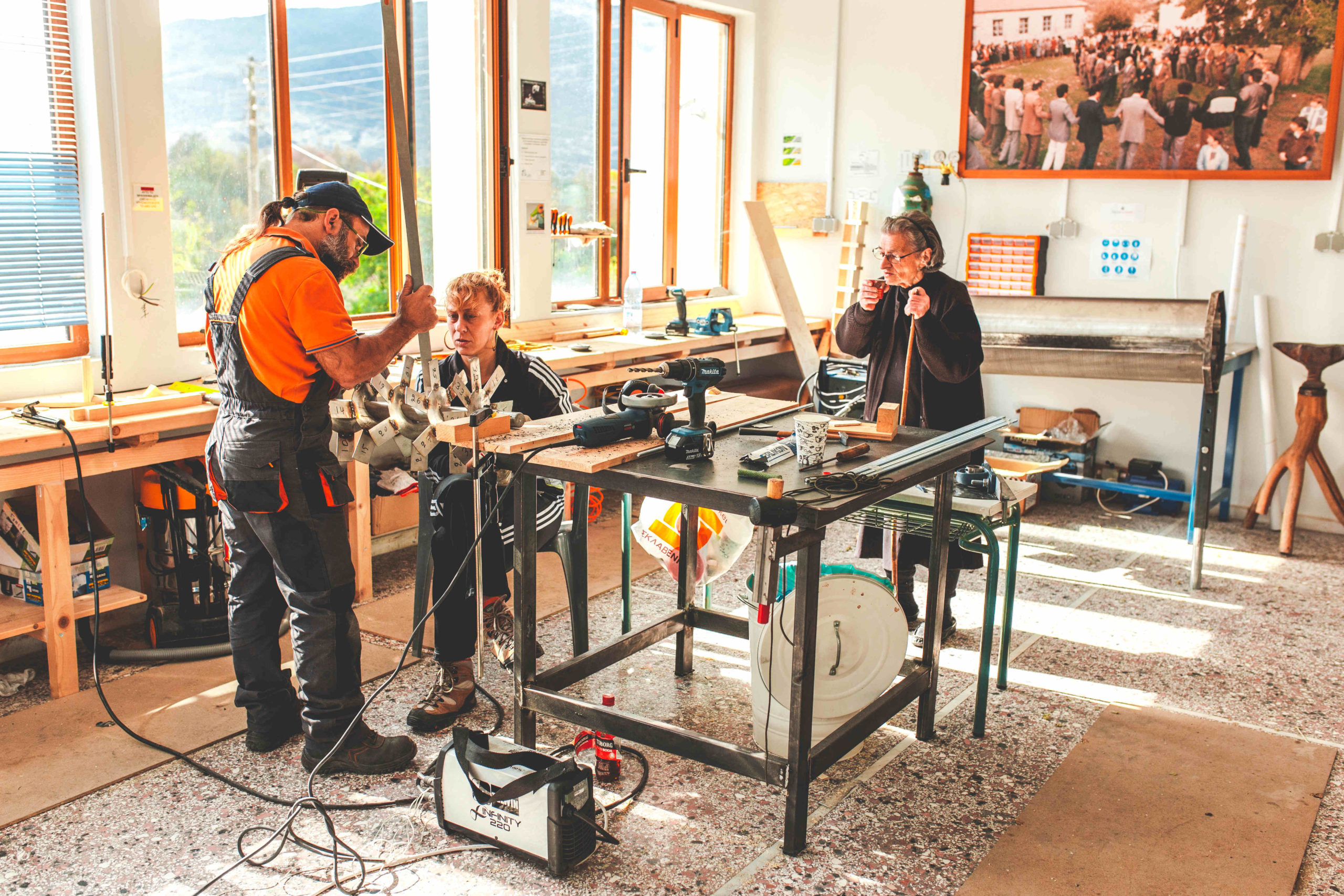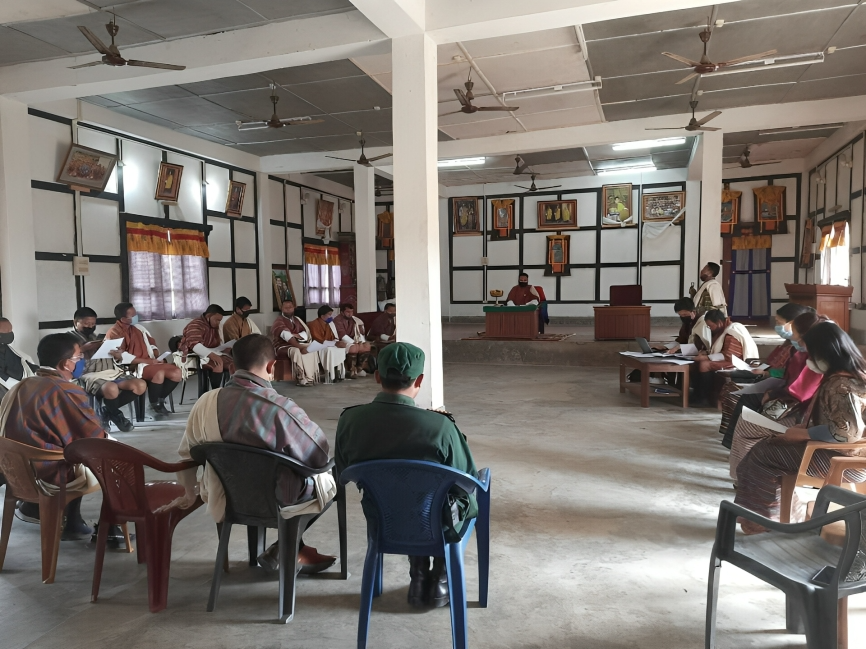The current crisis demands a new technological path to tackle ecological, social, and cultural challenges and avoid impending disaster. Sustainable technology, though ambiguous, plays a pivotal role in this transformation, shaped by diverse interpretations and applications. Our approach aims to enrich the discourse by offering a fresh perspective on technology—its creation, organization, production, evaluation, and institutionalization—through the lens of the
Commons.
Rethinking Sustainable Technology: A Holistic Approach
To comprehensively address sustainable technology, understanding its components beyond mere tools is crucial. This includes its design, construction, use, and disposal processes, alongside the associated knowledge. For example, while photovoltaic panels promise renewable energy benefits, their production’s material extraction and waste management present unseen challenges when focusing solely on technology as an end product.
Analyzing the triad of object-processes-knowledge reveals the potential environmental, social, and cultural impacts of any given technology. This combined perspective is crucial for discussions around sustainability. Nonetheless, both sustainability and technology are shaped by the values and perspectives of the societies from which they arise, imbuing sustainable technology with ideological and political implications.
The Commons as a Model for Sustainable Technology
Inclusive perspectives, cultural specifics, and active citizen participation are essential in shaping technology’s future. A promising direction in this regard can be found within the realm of the Commons—a political, social, and economic system of self-organization that operates on values fundamentally different from those of capitalism. However, we do not propose the Commons as the ideal model for developing sustainable technology. Rather, it offers a coherent foundation for experimentation and continuous exploration towards healthier and fairer ways of existence and creation.
The term ‘Commons’ describes an economic, social, and political system where a community self-organizes to manage and maintain goods and resources according to rules and standards it establishes. Beyond fair sharing of goods, the goal is to enable people to meet their needs by collectively producing products or services (e.g., food, clothing, housing, software, medicines). The Commons offers the prospect of developing technology in harmony with ecosystems,
leveraging high-tech benefits for the common good, and allowing technological pluralism, equitable access to resources, infrastructure, and decision-making.
Two community makerspaces in remote mountain villages of Greece and Bhutan exemplify this approach. The Tzoumakers and Nyamdrel Zo’Sa aim for collaborative creation of ‘open’ tools for small-scale agricultural production. These well-equipped spaces allow mountain communities to meet and design tools suited to their needs, established in 2018 by the P2P Lab research collective. These spaces are transitioning to full local community control. They were created in response to the difficulty local farmers face in finding suitable tools. Industrial agricultural technologies often provide complex, high-tech solutions irrelevant to local specifics and harmful long-term effects. The focus on small-scale production aligns with sustainable practices and is essential for mountainous agriculture. The goal is to empower technological autonomy among farmers dependent on market technologies.

Challenges and the Path Forward
Despite its promise, marginalization from technological advancement, market access, and decision-making processes poses significant barriers to sustainable transitions. Yet, looking through the lens of the Commons, we see a pathway to more inclusive and democratic approaches to sustainability, integrating global knowledge exchange with local production to meet community needs. By embracing the Commons, we can cultivate sustainable technology that respects diverse cultures, promotes ecological balance, and empowers communities worldwide.
